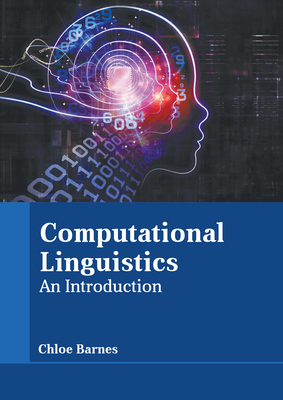无聊的问题有时是最有趣的
IF 5.3
2区 计算机科学
Q2 COMPUTER SCIENCE, ARTIFICIAL INTELLIGENCE
引用次数: 5
摘要
在最近的一份立场文件中,图灵奖获得者Yoshua Bengio、Geoffrey Hinton和Yann LeCun提出,人工智能不需要符号方法,尽管仍有许多问题有待解决,但人工智能将使用纯神经方法来解决。在这篇文章中,我提出了一个挑战:证明纯神经方法解决文本规范化问题是可能的。各种小组都做过尝试,但到目前为止,还没有人能够消除不可恢复错误的问题,即由于训练数据不足或泛化错误,系统会用其他读数代替正确的读数。已经有人提出了将传统有限状态方法与神经模型结合起来的解决方案,但到目前为止,还没有人证明这个问题可以单独使用神经方法来解决。尽管文本规范化很难说是一个“令人兴奋”的问题,但我认为,除非人们能够使用纯粹的AI方法解决这类“无聊”的问题,否则就不能说AI是成功的。本文章由计算机程序翻译,如有差异,请以英文原文为准。
Boring Problems Are Sometimes the Most Interesting
Abstract In a recent position paper, Turing Award Winners Yoshua Bengio, Geoffrey Hinton, and Yann LeCun make the case that symbolic methods are not needed in AI and that, while there are still many issues to be resolved, AI will be solved using purely neural methods. In this piece I issue a challenge: Demonstrate that a purely neural approach to the problem of text normalization is possible. Various groups have tried, but so far nobody has eliminated the problem of unrecoverable errors, errors where, due to insufficient training data or faulty generalization, the system substitutes some other reading for the correct one. Solutions have been proposed that involve a marriage of traditional finite-state methods with neural models, but thus far nobody has shown that the problem can be solved using neural methods alone. Though text normalization is hardly an “exciting” problem, I argue that until one can solve “boring” problems like that using purely AI methods, one cannot claim that AI is a success.
求助全文
通过发布文献求助,成功后即可免费获取论文全文。
去求助
来源期刊

Computational Linguistics
工程技术-计算机:跨学科应用
CiteScore
15.80
自引率
0.00%
发文量
45
审稿时长
>12 weeks
期刊介绍:
Computational Linguistics, the longest-running publication dedicated solely to the computational and mathematical aspects of language and the design of natural language processing systems, provides university and industry linguists, computational linguists, AI and machine learning researchers, cognitive scientists, speech specialists, and philosophers with the latest insights into the computational aspects of language research.
 求助内容:
求助内容: 应助结果提醒方式:
应助结果提醒方式:


